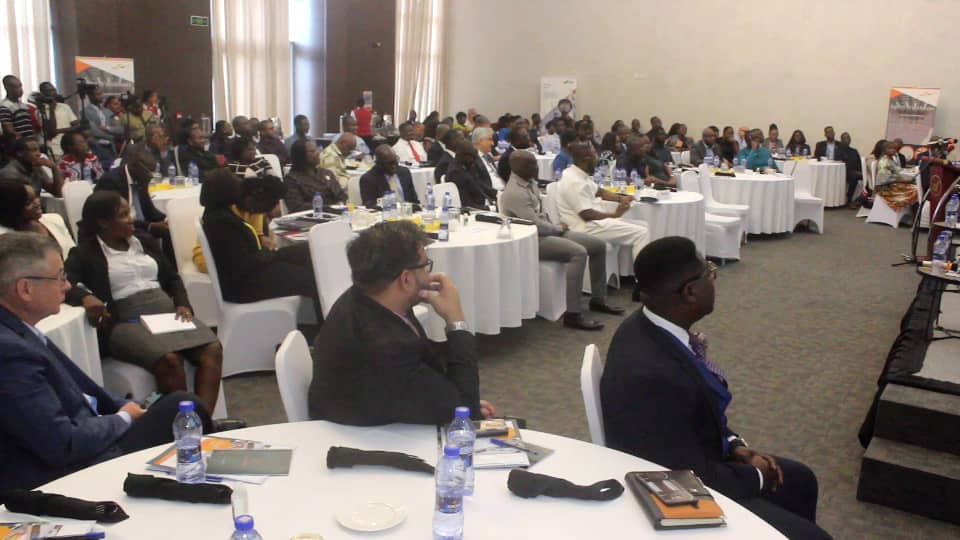
Tema, June 4, GNA – The Association of Ghana Industries (AGI) has called for the recalculation of the Value Added Tax (VAT) on raw materials that are unavailable in the country to reduce the cost of production.
The current calculation of VAT, which included the basic VAT and six per cent on the total goods, coupled with high utility charges, were crippling local production and industrialisation, it said.
Mr Tsonam Akpeloo, the Chairman of the Association, said this at a breakfast meeting organised by the Ghana Investment Promotion Centre in Tema.
He said the high cost of production in Ghana was making competition with other countries in the African Continental Free Trade Area (AfCFTA) cumbersome.
« What we’re asking for is a situation where they can take off some of the duties on the raw materials that we don’t have in Ghana, to make it easier to be productive when producing in Ghana, » he said.
For the country to achieve development and make efficient use of the AfCFTA, it needed to champion the competitiveness and interests of the local industries…” Mr Akpeloo said.
Policies must be clear on the ban of imported goods, the same of which were produced locally, to ensure that Ghanaians consumed what they produced, he said.
« The President of Nigeria made it a point that you cannot import rice; every rice that is consumed in Nigeria has to be grown locally. It was a very painful policy; people suffered; the quality initially was so terrible, but they had to endure; as I speak to you, they are reaching self-sufficiency in rice production, » Mr Akpeloo noted.
He said Nigeria’s decision had compelled investors to settle and invest in rice farming in that country, and that Ghana could take a cue from that and make her laws clear regarding the importation of goods that were locally produced.